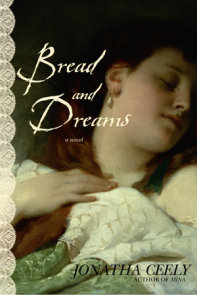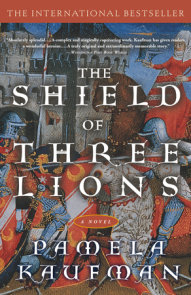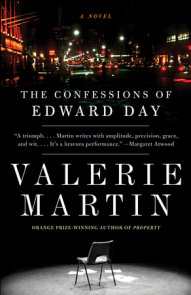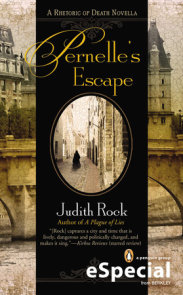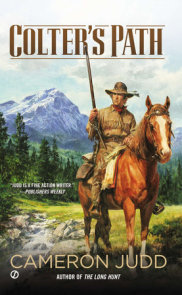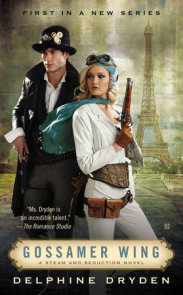READERS GUIDE
Transporting readers to nineteenth-century Britain, from the enchantment of an English estate to the poverty-stricken villages of Ireland, Mina introduces a courageous heroine whose tale evokes an endlessly fascinating chapter in history.After a series of tragedies that rob her of home and family, young Mina goes to work for the gentry, in a kitchen where every meal is a feast of delicacies. Forced to conceal her identity—especially her gender and her unmistakable red hair—Mina navigates an unfamiliar world among strangers. Her sole defender and confidant is the estate’s chef, the mysterious Benjamin Serle, who also hides a shattered past. Together he and Mina dream of a better life while fighting painful memories, as well as a community that will never fully accept them. And, through wits and sheer willpower, they begin an extraordinary journey that will forever alter the course of both their lives.
The questions, discussion topics, and author biography that follow are intended to enhance your reading of Jonatha Ceely’s Mina. We hope they will enrich your experience of this captivating novel.
Introduction
MinaA Novel
Jonatha Ceely
Delacorte Press Hardcover
ISBN 0-385-33690-X
“The hardships of poverty and displacement are tempered with hope, determination and the will to survive in this well-researched debut historical novel.”
—Publishers Weekly
Questions and Topics for Discussion
1. In what ways does the book’s epigraph, a quote from Ivan Turgenev regarding the power of love and hunger, prove to be prophetic in Mina? What kinds of love does Mina receive and give? For what does Mina hunger?
2. What is the effect of the book’s preface, which describes the discovery of an anonymous manuscript? How do the narrator’s contemporary observations enhance your introduction to Mina?
3. Mina’s tale unfolds in the first person. What do Mina’s voice and point of view tell us about her personality? What might her purpose have been in making a record of her experience?
4. Without her mother Mina must make discoveries about many aspects of life, from sexuality to spirituality, in unconventional ways. As Mina progresses from innocence to knowledge, does she develop a realistic or unreasonably harsh understanding of the world around her? Who had the greatest influence in shaping your own emergence from naïveté to maturity?
5. Discuss the significance of Mina’s disguise. What are the advantages and disadvantages of her role as Paddy? Does Mina’s temperament make her a typical boy in that culture? Would portraying a boy be as useful for a homeless teen in the modern world? Or in other cultures?
6. In what way does Mr. Serle’s illness shift the balance of power in his interactions with Mina? Do you consider them to be unlikely friends, or do they share considerable common ground?
7. What historical details did you learn from reading Mina? What factors distinguish Mina’s immigrant story from Mr. Serle’s? In what way does the history conveyed in both characters continue to impact our current events?
8. What do Mina’s dreams tell her about her deepest fears and longings? How would you assess the meaning of the dream she has at the end of Chapter Nineteen, when the four cryptic women appear before her?
9. Discuss the process through which Mina’s characters form their religious beliefs. In what ways is religion a factor in social rank and political power, both in the novel and in the contemporary world?
10. Though Mina is unable to believe that the souls of Mr. Serle’s family are safe, she does experience an awakening regarding the meaning of salvation. What does her transformation, along with the methods by which it occurred, teach us about building tolerance in our own communities?
11. Mina and Mr. Serle, as well as other would-be immigrants in the novel, long for various ideals represented by America. Would nineteenth-century America have measured up to those dreams?
12. What is the effect of the novel’s storytelling within stories as the recollections of Mina and Mr. Serle unfold? How do their storytelling styles compare?
13. Mina and Mr. Serle both carry the honored memories of ancestors, and the deep-seated traumas of tragedy. Does their understanding of the past, along with essential fears of fire and water, guide or hinder them in creating new memories?
14. Scripture refers to Daniel as a prophet whose spiritual faith protected him in a lion’s den. In what way does this name serve as a bridge between Mina and Mr. Serle, and as a bridge to America?
15. Consider the distance imposed between Mina and the estate owner. Are there any similarities between that chain of command and your own experience in the workplace? Does it make a difference when employees are able to have direct human interaction with their employers?
16. What do you predict for Tom and Susan, who seek the promise of industrialized Britain? Was their fate in any way shaped by Mina’s?
17. In the novel’s closing scenes, Mr. Serle pays Mr. Hatton even though Mina’s bond was not valid. Do you believe the reasons Mr. Serle gives for making this payment?
About this Author
Jonatha Ceely grew up in Canada and has lived in Turkey and Italy. A former teacher and administrator, she lives in Brookline, Massachusetts, with her husband, who is a composer and teacher. She is currently at work on her second novel.From the Hardcover edition.












